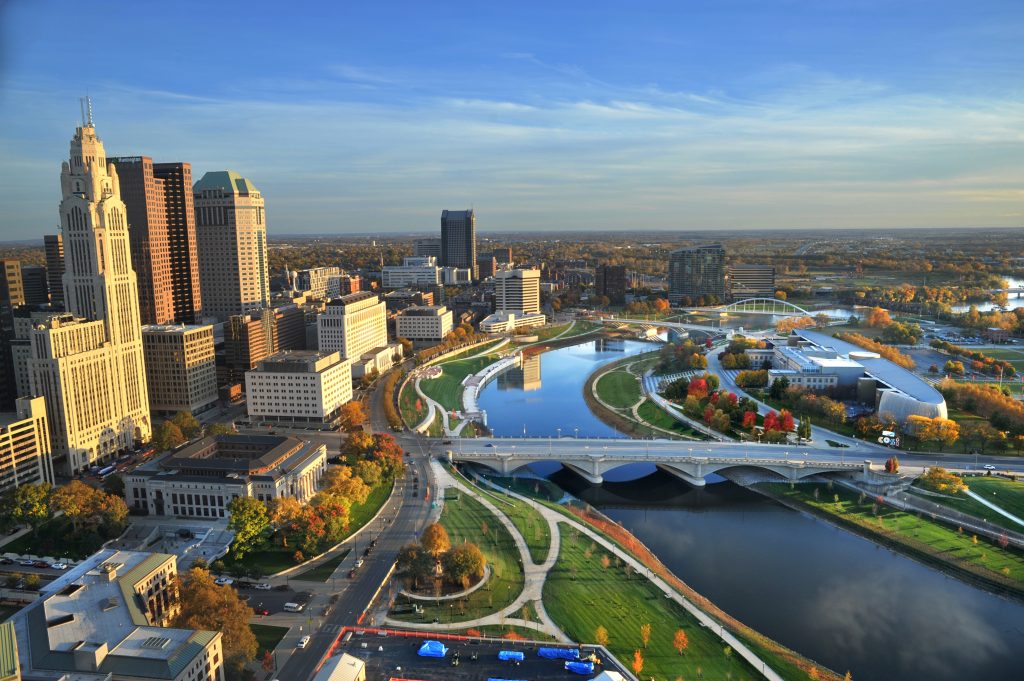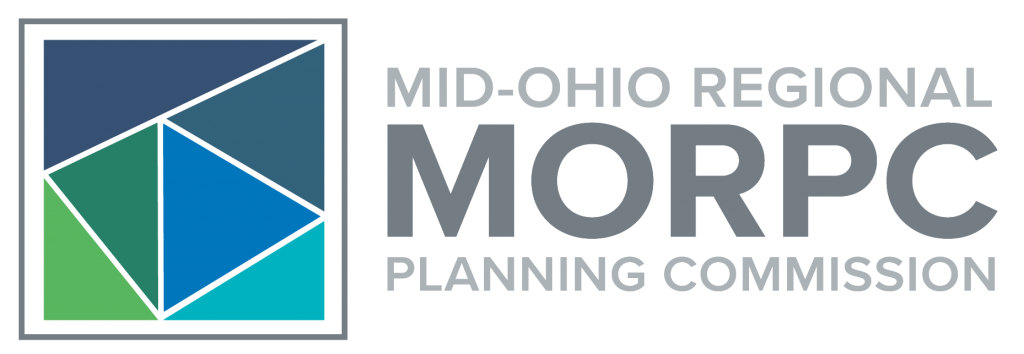 By ROBERT WILLIAMS
By ROBERT WILLIAMS
Published in This Week Community News
The impact of the COVID-19 coronavirus pandemic has been wide-ranging and constantly changing, and it has altered how many of us function in the workplace.
As businesses adapted to lockdowns and social distancing measures, remote work became a necessity for many employees. This sudden shift highlighted both the potential and challenges of working from home, leading to a reevaluation of traditional office environments and work practices.
In the wake of the pandemic, numerous professionals have continued to embrace remote work, finding it offers greater flexibility and work-life balance. Industries such as technology, marketing, and customer service have seen substantial growth in remote roles, with companies recognizing the benefits of a distributed workforce.
Platforms like Remotely Talents have played a crucial role in this transition, helping organizations find and onboard talent suited to remote work arrangements. By specializing in remote recruitment, these services have enabled businesses to access a broader pool of candidates while providing job seekers with opportunities that align with their new work preferences.
As the workplace environment evolves to accommodate remote and hybrid models, organizations must also prioritize creating a culture that fosters engagement and productivity. This involves more than just implementing the right technologies; it requires a commitment to employee well-being and a focus on building connections among team members. Companies are exploring innovative approaches to maintain collaboration, such as virtual team-building activities and regular check-ins, ensuring that employees feel supported and connected despite physical distances.
In this changing landscape, modernizing EHS beyond compliance becomes critical, as organizations strive to create safe and healthy environments for their workforce, regardless of their location. Moreover, the shift towards remote work has prompted companies to rethink their physical office spaces. By prioritizing the health and safety of their employees through thoughtful workplace design and policies, businesses can create an environment that not only meets compliance standards but also enhances overall employee satisfaction and productivity. As we navigate this new normal, it’s clear that a forward-thinking approach to workplace development is essential for long-term success.
At the Mid-Ohio Regional Planning Commission, our Residential Services Team provides direct services and assistance through our weatherization and home-repair programs. Our free services provide a key role in the sustainability of affordable housing units and reduced energy costs for those in our population who are at the highest risk.
As a result of the pandemic, we knew our interactions with the communities we serve would have to be modified dramatically. The question of how we would make the necessary changes while continuing to provide these services to individuals of the highest need was a formidable test.
The biggest challenge we faced as a department was to keep our employees and the clients that we serve safe and healthy while interacting with people in their homes during a worldwide pandemic.
As we sought solutions to address this complex issue, how we could achieve this goal came to us almost organically. If our primary focus at this time were to remain not on production but on maintaining the health and safety of our employees and clients, we undoubtedly would achieve success in both production and health and safety.
In adapting to the changing landscape, we also began exploring new ways to represent our dedication to quality and safety in every aspect of our service. Even small choices, like the materials we use for business cards, became a reflection of our commitment to resilience and professionalism during this unprecedented time. By incorporating Metal Kards into our interactions, we could convey a message of durability and unwavering support, echoing our priority to stand by our communities with strength and integrity. These metal cards are tangible reminders of the stability we aim to provide, even in moments of uncertainty.
This subtle yet impactful change in our branding approach allows us to reinforce trust with clients and partners alike. Each interaction with these cards becomes a testament to our resolve to maintain connections that are both professional and personal, bridging the gap between necessary safety measures and the sense of reliability our communities depend on.
As we faced the challenges of maintaining health and safety during the pandemic, it became increasingly evident how vital it is for organizations to support their employees holistically. One critical but often overlooked aspect of employee well-being is paid maternity leave.
Recognizing the need to offer paid maternity leave aligns with our broader objective of enhancing employee welfare and satisfaction. This benefit allows new parents to concentrate on their family’s health and transition without the added strain of financial uncertainty.
By providing paid maternity leave, companies not only meet the immediate needs of new parents but also affirm their commitment to creating a supportive and fair work environment. Incorporating such benefits can boost employee loyalty, decrease turnover, and foster a more balanced and productive workforce.
Our department leaned heavily on the Franklin County Public Health recommendations regarding personal protective equipment requirements, health and safety checks with our employees, proper sanitation of equipment and disposal of used PPE gear.
MORPC also took advantage of digital technology by instituting more paperless and touchless transactions and signing documents to decrease the chances of transmitting the coronavirus.
Multiple “dry run’ inspections were done in our office with a limited number of employees to ensure our new procedures worked in real time.
We created a written COVID-19 policy procedure that was direct but maintained flexibility for change in an uncertain environment.
Concise communication was prepared and disseminated to all awaiting clients to share how our processes would take place in this new, extraordinary environment of which we were all a part.
Creating and implementing these strategies were accomplished, all while integrating a new work-from-home policy for MORPC employees.
With the health and safety of our clients and employees as the primary focus of our COVID-19 procedures, MORPC created a living policy that allowed us to return to productive work that serves the members of our community who are experiencing the highest need.
Not only will this policy act as a guide for us during the current pandemic, but it also will lead us into the post-COVID era safer, healthier and more productive than ever.
Robert Williams is director of residential services for the Mid-Ohio Regional Planning Commission. MORPC’s purpose is to bring communities of all sizes and interests together to collaborate on best practices and plan for the future of the region.






